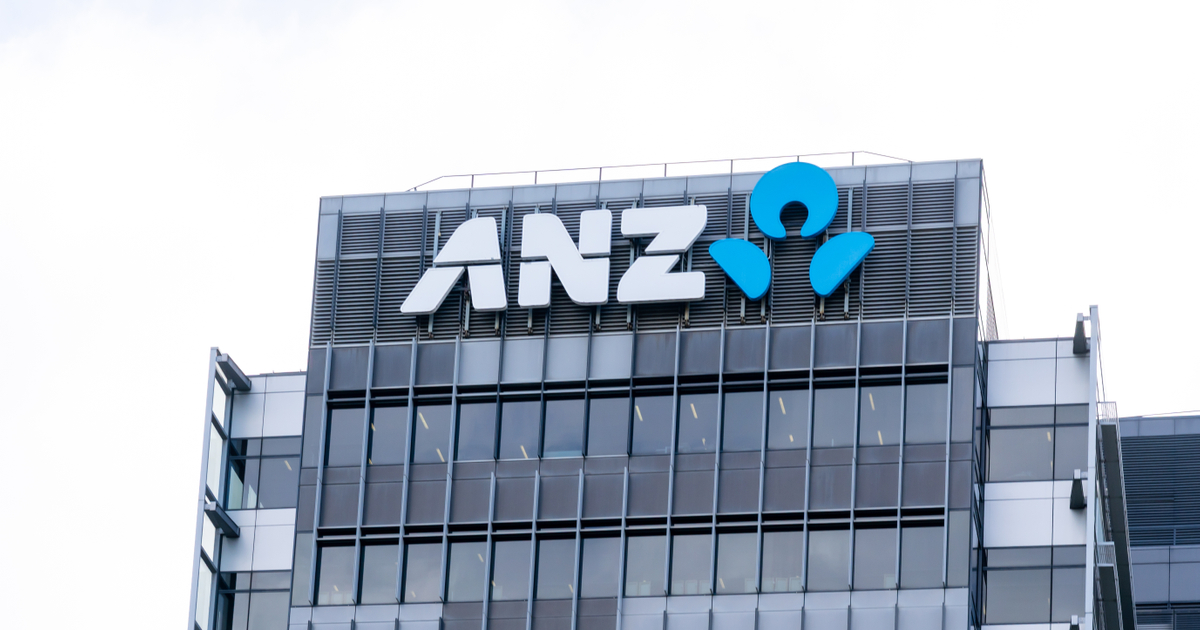Samsung’s new phones replace Google AI with Baidu in China
Samsung’s S24 Ultra as announced in the US earlier this month. | Photo by Allison Johnson / The VergeSamsung’s Galaxy S24 lineup has launched in China, and the company is tapping Chinese tech giant Baidu to power its Galaxy...
/cdn.vox-cdn.com/uploads/chorus_asset/file/25230413/DSC06323_processed.jpg)
Samsung’s Galaxy S24 lineup has launched in China, and the company is tapping Chinese tech giant Baidu to power its Galaxy AI features, CNBC reports. There’s no mention of Google, whose Gemini foundational models are powering Samsung’s Galaxy AI features in Western markets. Instead, the Chinese launch focused on Baidu’s Ernie, the chatbot that launched last August.
The list of AI translation, summarization, and text formatting features on the Chinese version of the Galaxy S24 will be familiar to anyone who kept up with its US-based launch. There’s also real-time call translation like we saw earlier this month, and the phones are even getting a version of Google’s Circle to Search feature.
“Now featuring Ernie’s understanding and generation capabilities”
“Now featuring Ernie’s understanding and generation capabilities, the upgraded Samsung Note Assistant can translate content and also summarize lengthy content into clear, intelligently organized formats at the click of a button,” Samsung Electronics China and Baidu said in a statement published by CNBC.
The substitution is likely a result of Google’s limited presence in China. Although Android devices are widely sold in the country, they ship without the Google apps and services that are an intrinsic part of the operating system elsewhere. Reuters notes that Baidu had to get approval from the Chinese government before launching Ernie.
Samsung’s hold on China has waned considerably in the last decade. A report this week from IDC didn’t even place it in the top five brands for mobile shipments in 2023. In 2013, the company was the biggest smartphone manufacturer in the country, with a market share of around 20 percent, but its share had fallen to just 1 percent by 2018, where it’s hovered ever since, Reuters reports, adding that partnerships with local content firms are part of its attempt to rebuild its Chinese business.

 Troov
Troov 
































